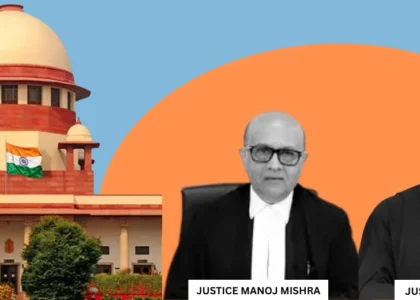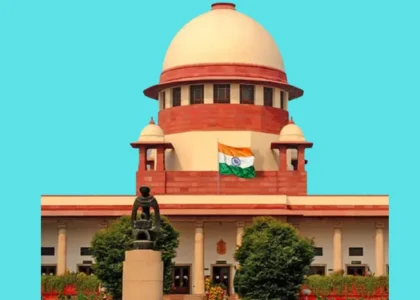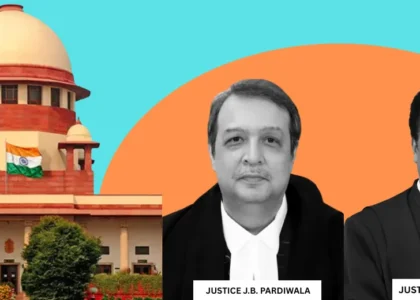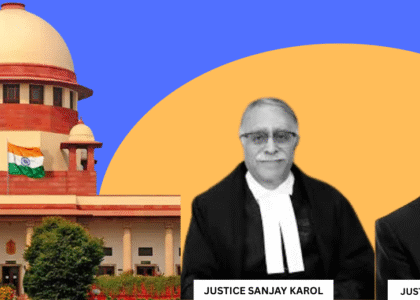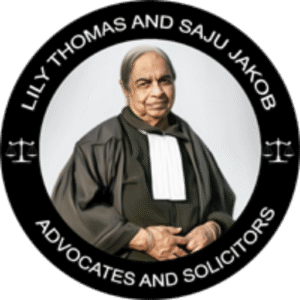Court: Supreme Court of India
Bench: Justice P.S. Narasimha and Justice A.S. Chandurkar
Date of Judgment: August 13, 2025
Issues-
- Whether a person who is not a signatory to an arbitration agreement can be permitted to attend arbitration proceedings.
- Whether the Arbitration and Conciliation Act, 1996 confers any legal right on non-signatories to participate in or observe arbitral proceedings.
- Whether allowing a non-signatory’s presence breaches the confidentiality of arbitration proceedings under Section 42A of the Act.
Facts-
- In 2015, an oral family settlement was reached between Pawan Gupta and Kamal Gupta.
- In 2019, the settlement was formalized through an MoU/Family Settlement Deed (FSD), which excluded Rahul Gupta.
- When arbitration was invoked under the MoU’s arbitration clause, Rahul Gupta (non-signatory) sought permission to attend the proceedings.
- The Delhi High Court eventually allowed his attendance through counsel after the arbitrator’s appointment.
- The signatory parties challenged this order before the Supreme Court.
Arguments-
- Appellants (Signatories):
- Non-signatories cannot be bound by arbitral awards (Section 35), hence their attendance is impermissible.
- Confidentiality under Section 42A prohibits disclosure to non-parties.
- Respondent (Non-Signatory):
- Claimed interest in the family settlement and sought presence to safeguard rights.
- Claimed interest in the family settlement and sought presence to safeguard rights.
Holding-
- A non-signatory has no legal right to attend arbitration proceedings.
- Section 35 makes arbitral awards binding only on signatories and those claiming under them.
- Non-signatories’ remedy lies only under Section 36 if enforcement is sought against them.
- Section 42A imposes confidentiality obligations, breached by permitting non-signatories.
Ratio Decidendi-
“Permitting a stranger to remain present in arbitration proceedings, when the award would not bind such stranger, would be charting a course unknown to law. Confidentiality is the legislative intent under Section 42A, and the Act does not confer any right on non-parties to be present in arbitral proceedings.”
Decision-
- Delhi High Court’s order permitting non-signatories to attend arbitration proceedings was set aside.
- Supreme Court reaffirmed that confidentiality and party autonomy are core to arbitration under the Act.


